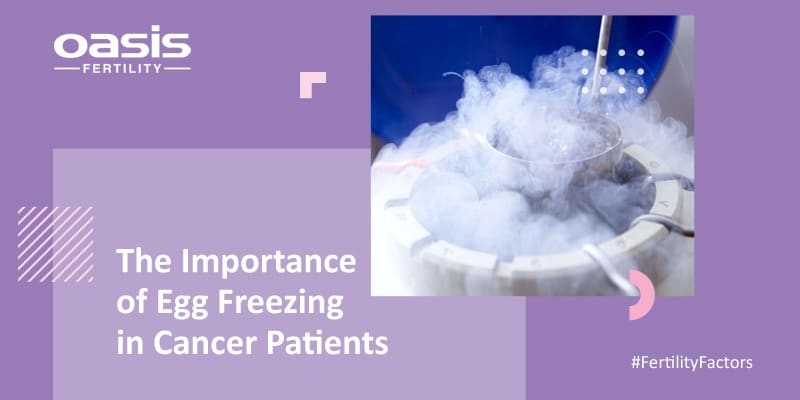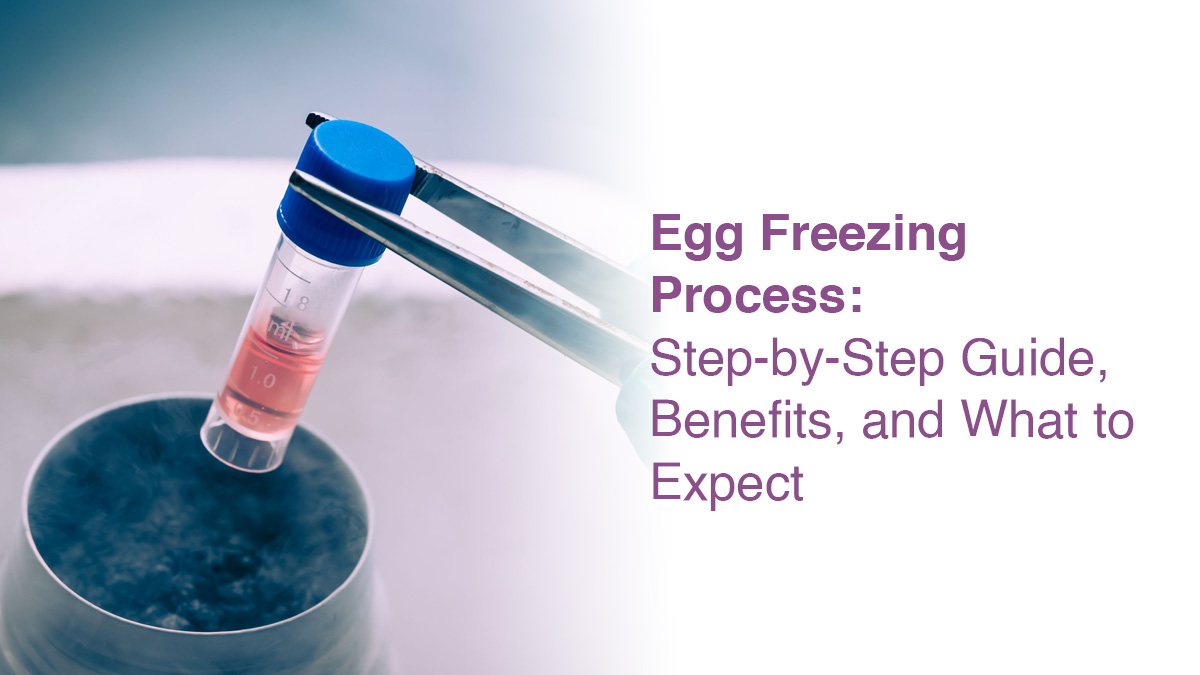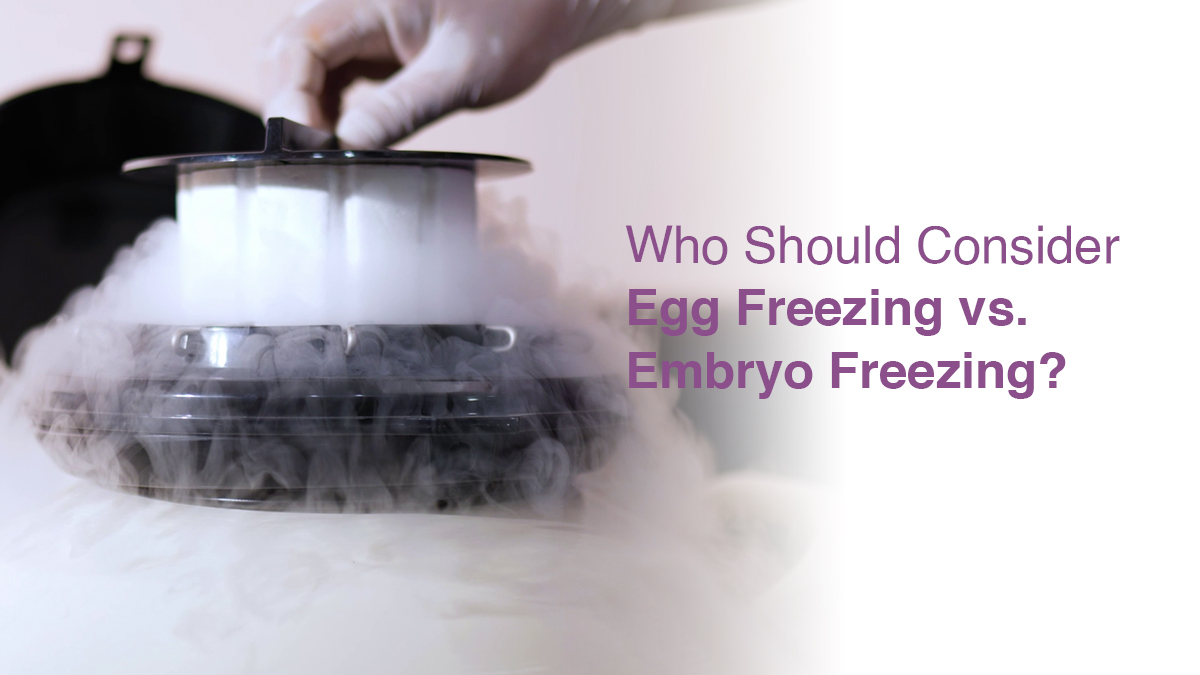
The Importance of Egg Freezing in Cancer Patients

Cancer and Infertility: The Importance of Egg Freezing in Cancer Patients
A diagnosis of cancer can be devastating to anyone, younger persons face the additional potential loss of reproductive function and opportunity to have children. Cancer patients survive at increasing rates, but successful treatment in younger patients often leads to reduced fertility. Surveys of cancer patients reveal a very strong desire to be informed of available options for fertility preservation and future reproduction. For women/postpubertal girls, one of the options is to have their eggs frozen for future use.
Someone diagnosed with cancer has to speak to the oncologist as well as a fertility specialist about egg freezing before starting the treatment for cancer surgery.
How cancer and its treatment can affect fertility
- Unless cancer is directly invading the reproductive organs, it is unlikely that cancer itself will affect fertility. However, the treatments for cancer- surgery, radiation therapy, and chemotherapy can have a significant impact on fertility
- Surgery involving reproductive organs including the uterus, Fallopian tubes, or ovaries, can decrease fertility. Depending on the location of cancer, there may be a need to remove some or all reproductive organs, even if cancer does not directly involve these organs.
- Chemotherapy can damage the eggs in ovaries, some women may go into early menopause following treatment.
- Cancer treatments such as radiation treatment are very effective to kill cancer cells but can permanently harm your ovaries and prevent you from being able to have a baby. Radiation damage may stop the normal functioning of the reproductive organs, or may even force the woman into early menopause.
How are eggs frozen?
Freezing of eggs requires that you undergo ovarian stimulation using medications to stimulate your ovaries to develop multiple eggs at once. Most of the medications are injectable, some oral medications may be used. Medications may be required for 8-11 days and must be taken exactly as they are prescribed. Your doctor will be closely monitoring you with blood work and ultrasounds to check how your ovaries are responding. Once the ovaries are ready, eggs are removed by placing an ultrasound probe into your vagina while guiding a needle into your ovaries. The procedure is performed under Anesthesia and takes about 15-30 minutes. The eggs are then placed in a special solution in the laboratory, which can then be frozen. Once prepared, the frozen eggs are placed in liquid nitrogen and can be stored indefinitely.
Considerations before freezing your eggs
- Younger the woman, the better the chances of having a successful pregnancy using a frozen egg.
- Ideally, the eggs to be frozen must be collected before radiation therapy, chemotherapy, or any surgery that can impact fertility. But it should be considered that the time taken to retrieve the eggs can be anywhere between 2 to 6 weeks. There may be cases where the cancer patient may need immediate treatment.
- If the cancer is an estrogen-dependent one, the fertility specialist will keep a close eye on the procedure. This is because the medication can cause excess estrogen to circulate in the body which may, in turn, feed cancer, resulting in its rapid growth.
Even though cancer and its treatment affect fertility, if the eggs are frozen before the treatment, one can achieve the dream of becoming a parent even after many years.


fill up the form to get a
Free Consultation
Avail 0% interest on EMI
All Procedures | No Upper Limit
How we reviewed this article:
- Current Version
- May 17, 2021 by ShootOrder





